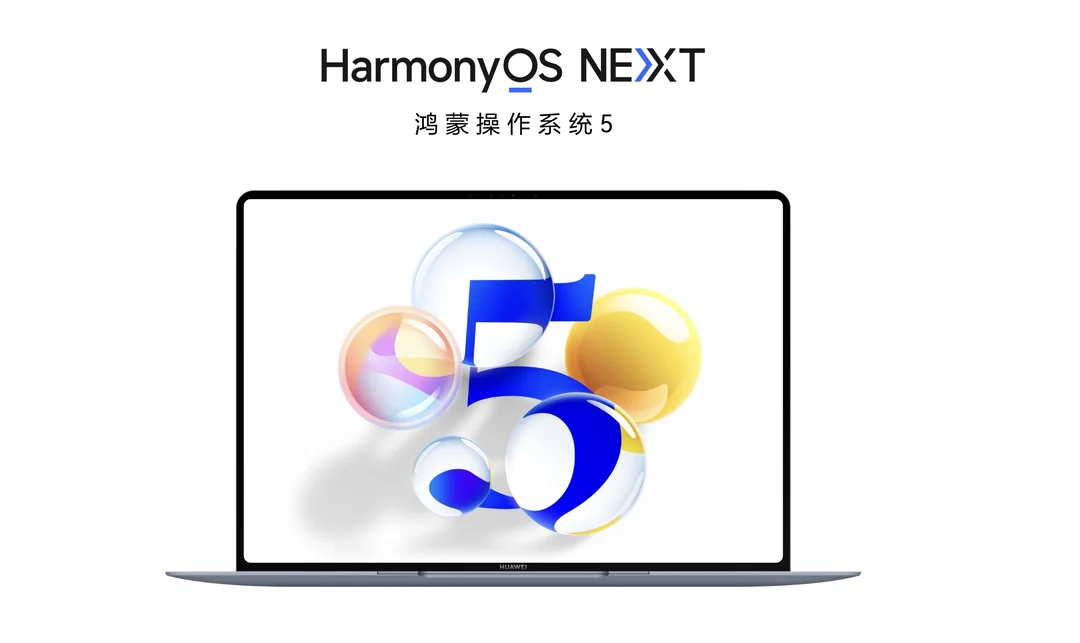
Huawei’s HarmonyOS PC: A Breakthrough for China’s Tech Independence
Huawei has unveiled its first personal computer powered by HarmonyOS, marking a significant step in China's quest for technological independence. This move, announced on Monday, positions HarmonyOS as a viable alternative to established operating systems like Windows and macOS. What does this mean for the global tech landscape?
The HarmonyOS PC isn't just a symbolic gesture. According to reports from China Media Group, it handles demanding tasks with impressive speed. A 1GB, 100-page PowerPoint file opens in just one second, and the system remains smooth even with over a dozen apps running simultaneously. This suggests that HarmonyOS is not only independent but also competitive in terms of performance.

More than just speed, the HarmonyOS PC integrates AI and intelligent interaction features for a smarter user experience. Huawei reports that over 1,000 ecosystem apps have already been adapted, with a projected increase to over 2,000 by the end of the year. This growing app ecosystem is crucial for the OS's adoption and long-term success.
The development of the HarmonyOS PC was a massive undertaking. The People's Daily reports that it took over five years, involved more than 10,000 engineers and 20 research institutes, and secured over 2,700 core patents. This level of investment demonstrates China's commitment to building a truly independent and controllable PC operating system.
Ma Jihua, a senior industry analyst, emphasizes the significance of this launch, stating that it completes Huawei's full-device deployment of its operating system, from smartphones to PCs. "It's a landmark moment for HarmonyOS, signaling the system's maturity across terminal categories," he noted. He also highlighted the potential for seamless integration between phones and computers, a key advantage in the Internet of Everything era.
The launch also arrives amidst rising US-China tech tensions. Huawei's HarmonyOS strengthens its product ecosystem and reinforces China's operating system security, according to analysts. The US crackdown on Huawei has pushed the company to innovate and develop its own solutions and this marks a critical turning point.
In addition to the HarmonyOS PC, Huawei also unveiled the world's largest commercial foldable-screen PC, the 18-inch MateBook Fold. This innovative device, featuring an ultra-slim design and seamless switching between display sizes, showcases Huawei's commitment to pushing the boundaries of PC technology.
Is the HarmonyOS PC a game-changer? Can it truly compete with Windows and macOS? The journey has just begun, and the coming years will be crucial in determining its success.
What are your thoughts on Huawei's HarmonyOS PC? Share your opinions in the comments below!